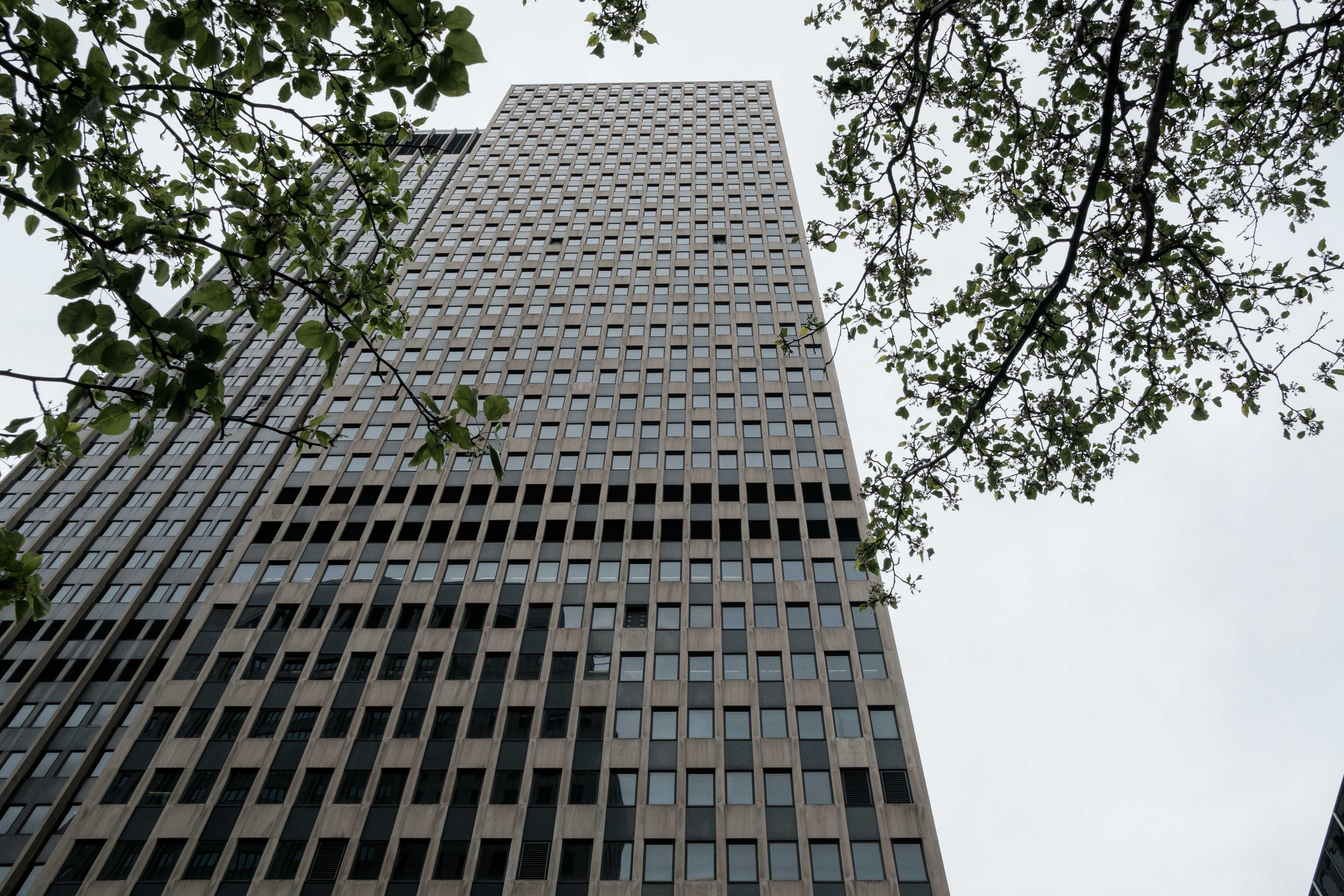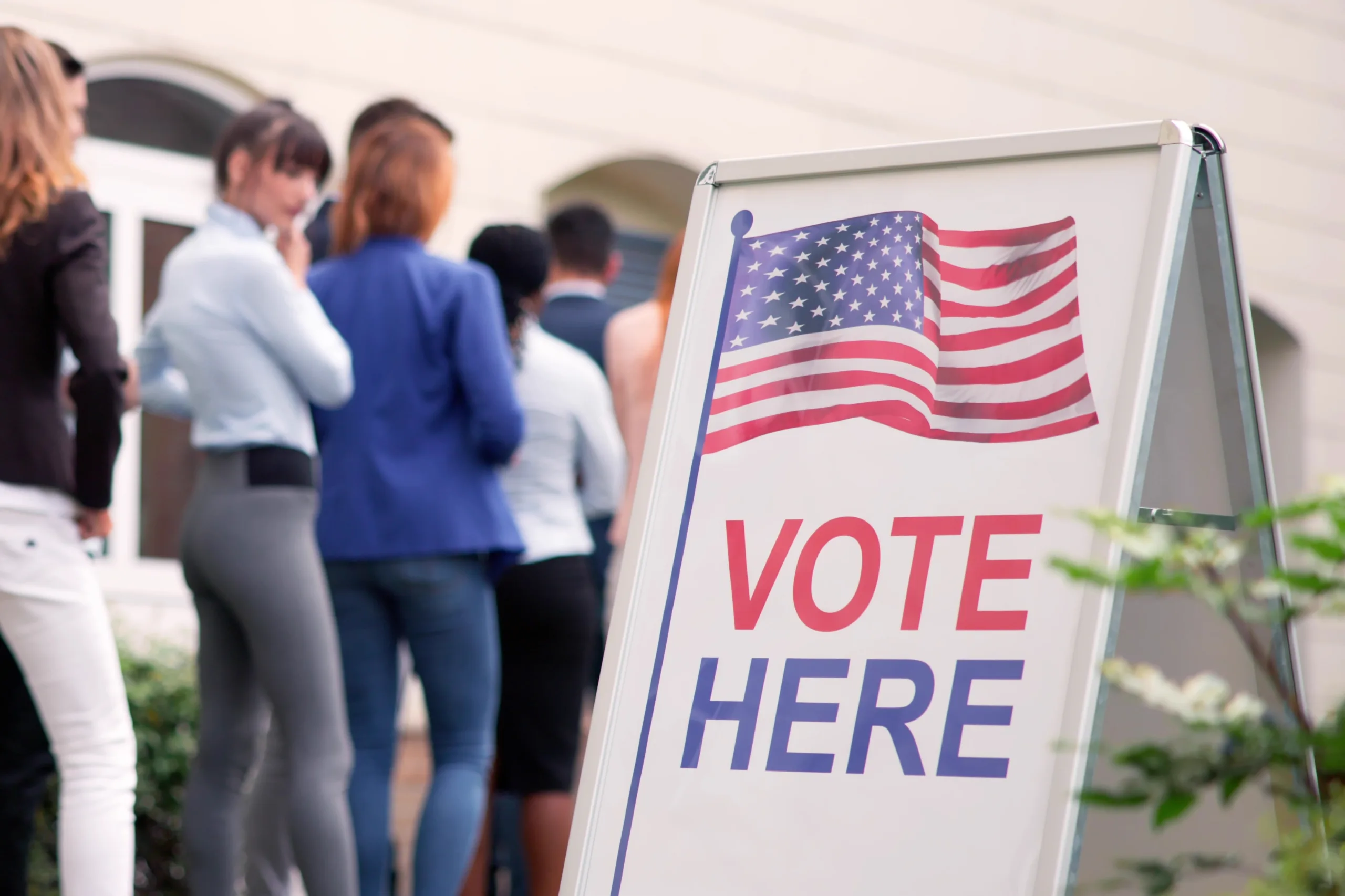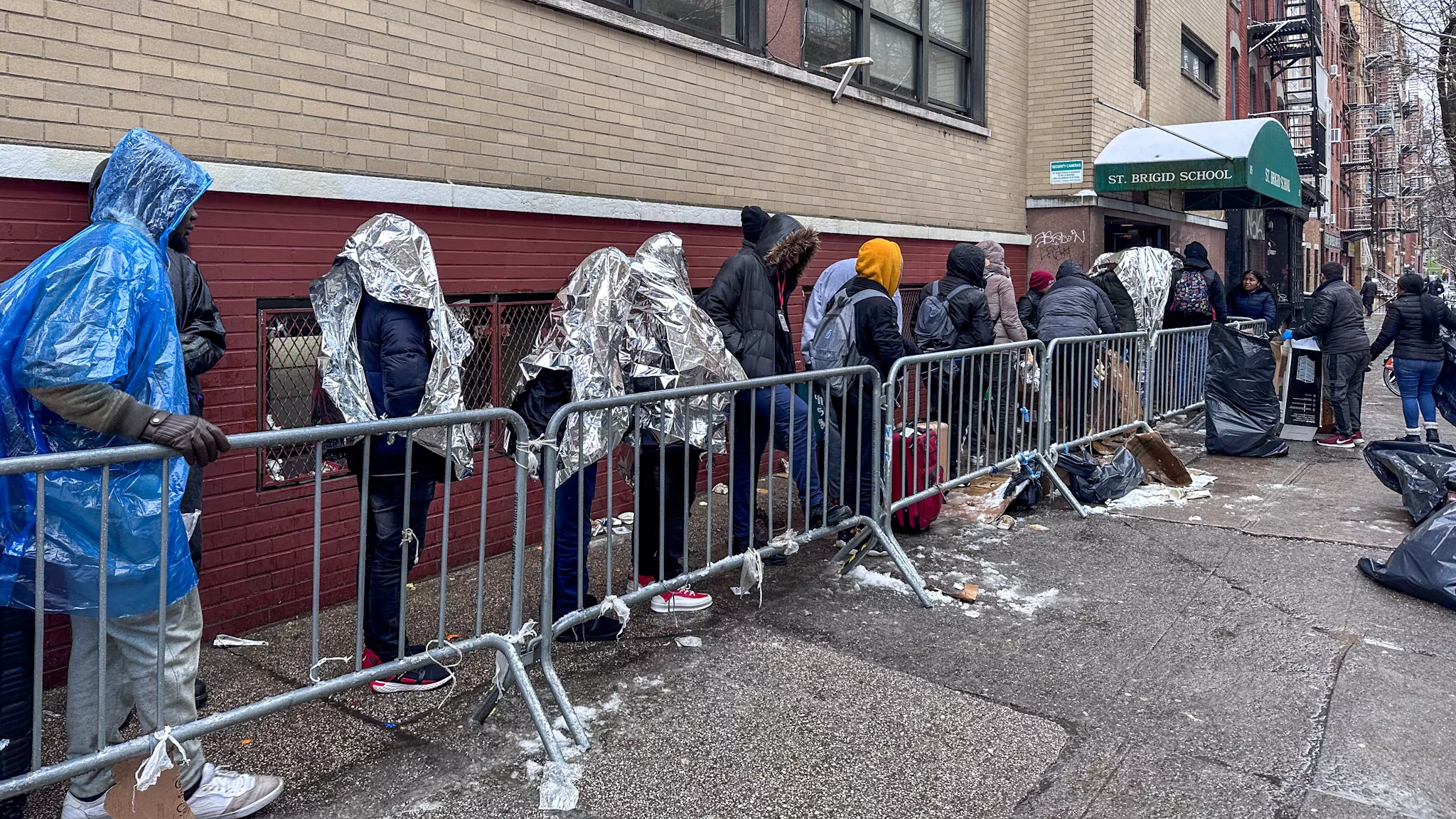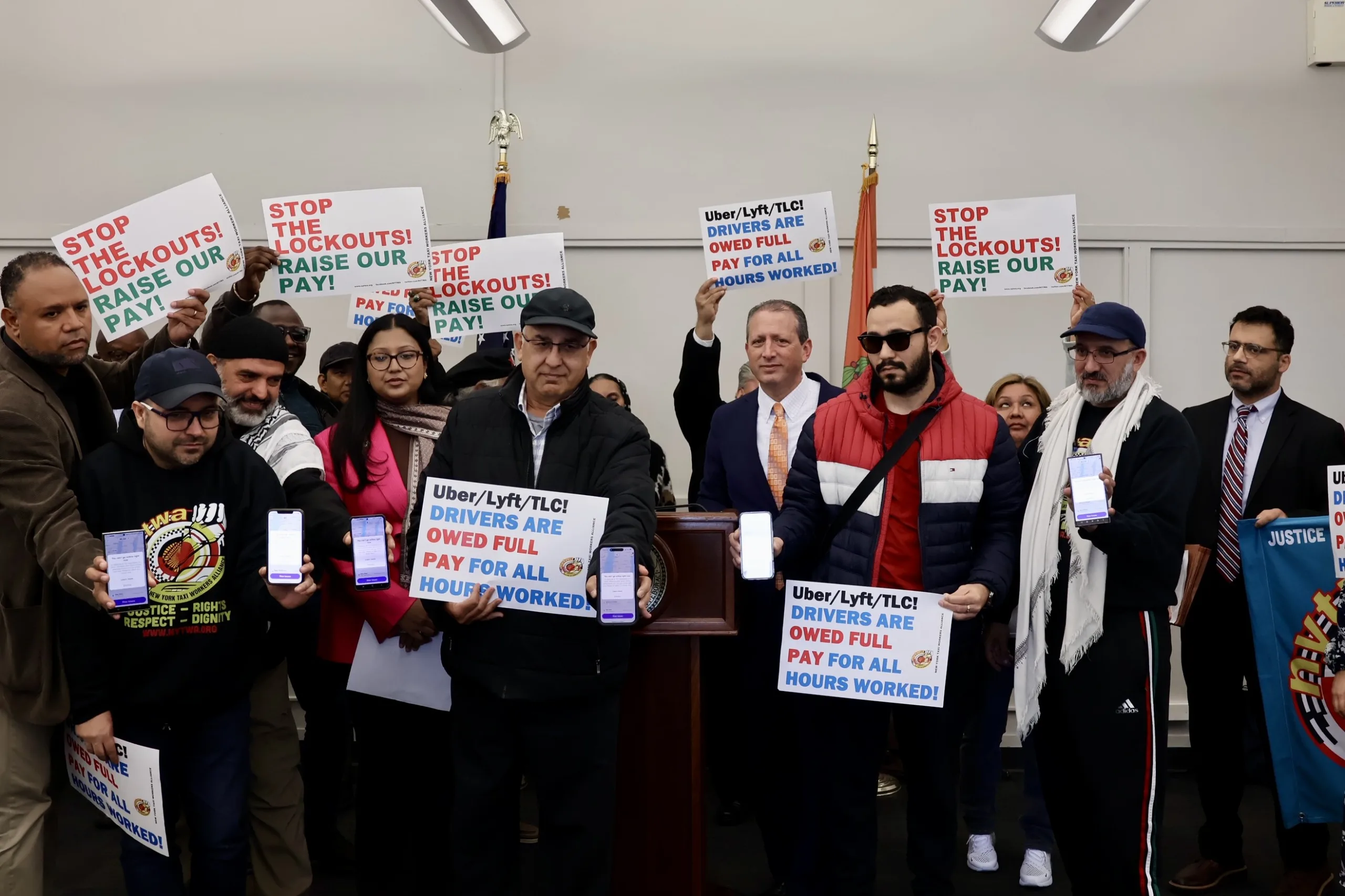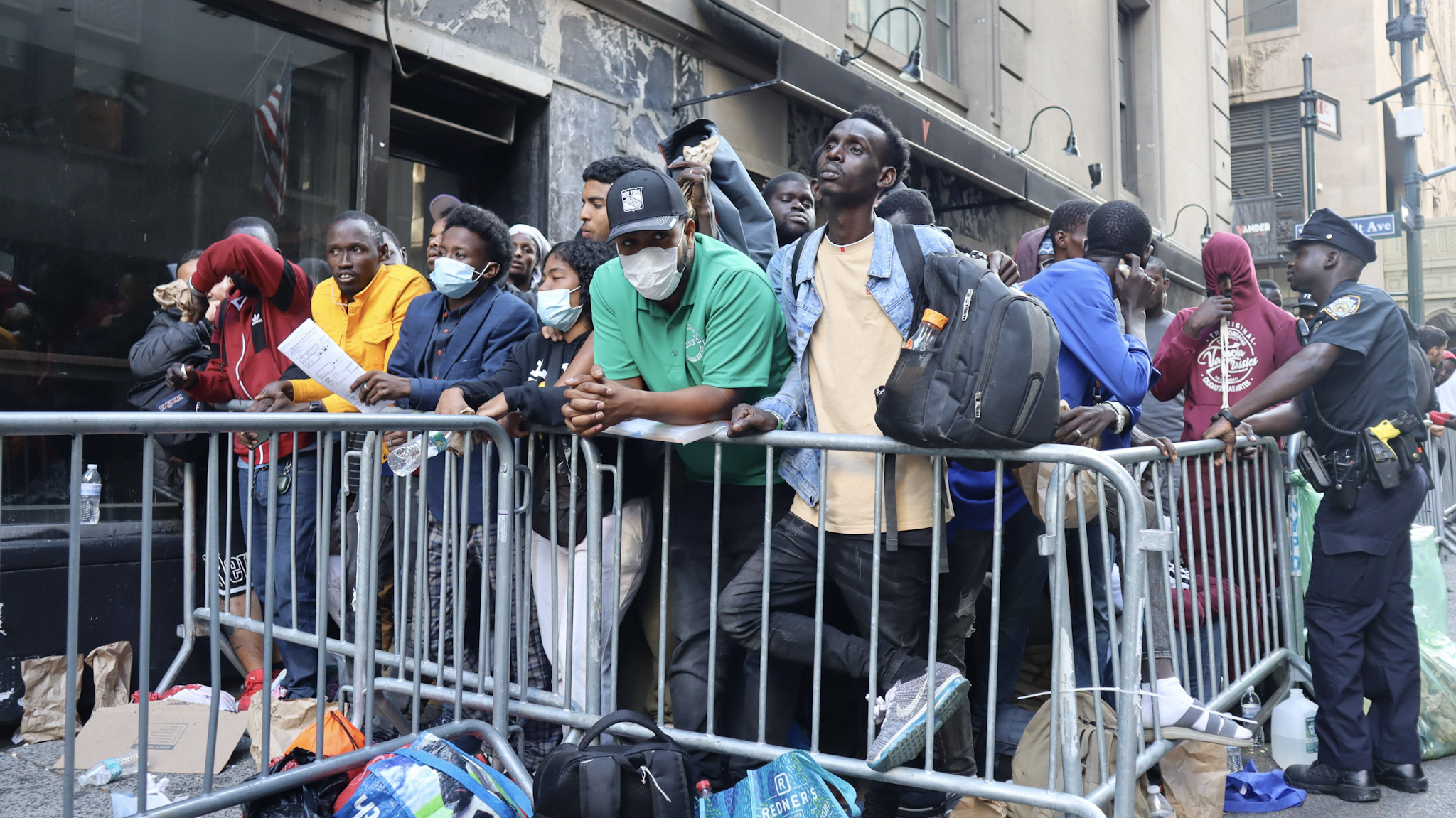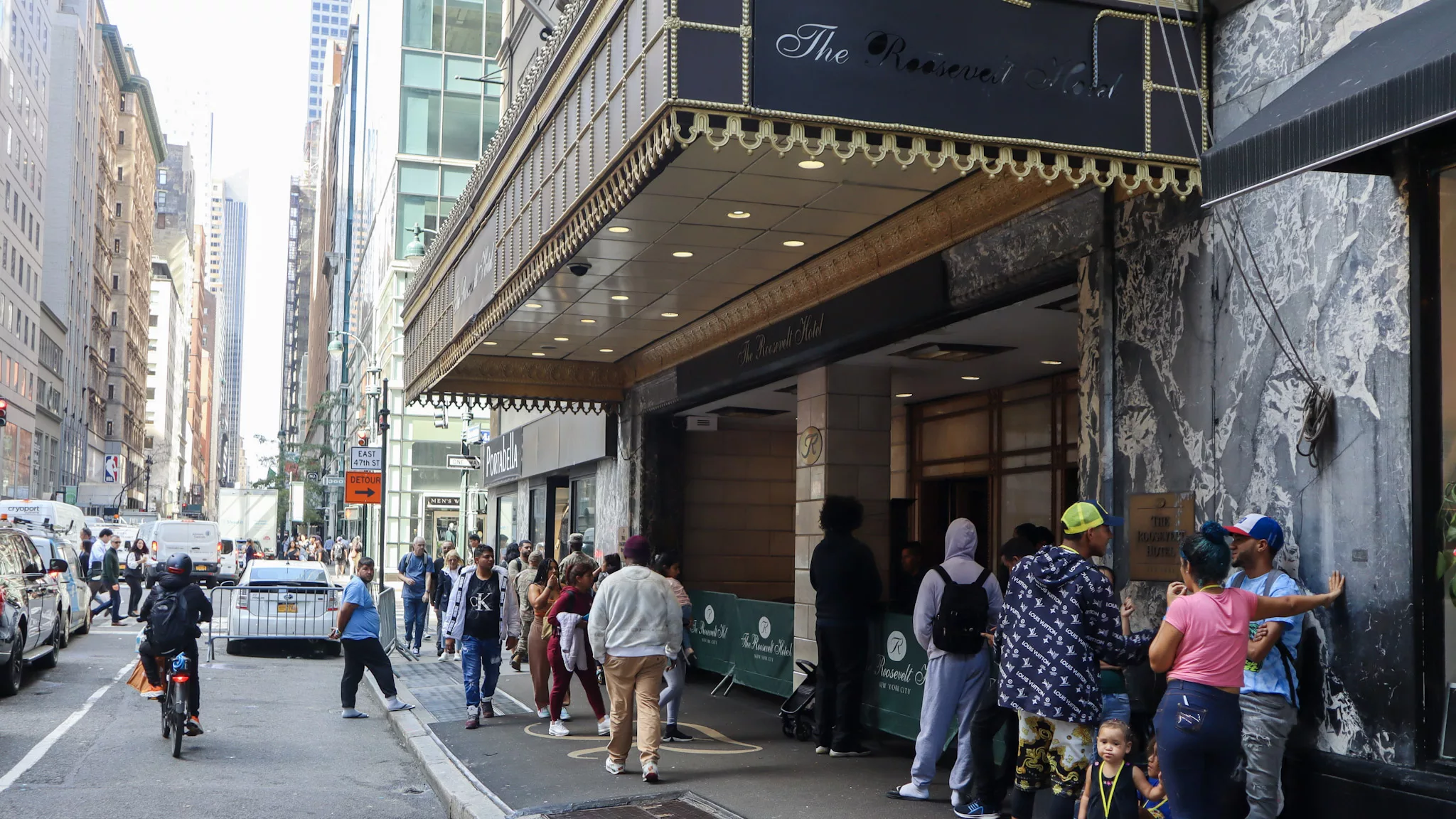On Monday, the technological infrastructure crashed at one of New York City’s main immigration courts, casting the system into further disarray.
Judge Amiena Khan, a sitting New York City immigration judge and the executive vice president of the National Association of Immigration Judges (NAIJ), told Documented that after the internet and the Digital Audio Recording system shut off, judges were unable to go forward with hearings. Without access to their systems, even administrative work would be difficult.
Just a day earlier, the NAIJ —along with the unions overseeing immigration prosecutors and attorneys— called for the emergency closure of all immigration courts over the rapidly spreading coronavirus. In response, the Executive Office for Immigration Review (EOIR) postponed the non-detained master calendar hearings, the first hearing in all deportation defense cases. EOIR kept the courts open for individual hearings and detained master calendar hearings.
Other immigration agencies are taking stronger steps. Today, U.S. Immigration and Customs Enforcement announced it would suspend in-person reporting requirements for non-detained people until at least April 14. However, Ambien Mitchell, a program coordinator at the New Sanctuary Coalition, an immigrant advocacy organization, said some immigrants would still likely report to their ICE check-ins. One person she knew of traveled to a check-in office in the Bronx, to find that it was closed.
ICE will continue to make criminal and civil arrests during the coronavirus outbreak, however, according to a statement the agency released to Documented.
Despite the order to continue hearing cases, 26 Federal Plaza was at a standstill. “Our personnel have been at risk just getting to work,” Judge Khan told Documented. “And here we are unable to work.”
Speaking in her capacity as the executive vice president of the NAIJ, Judge Khan told Documented that the position of the organization is to close all immigration courts nationwide for at least two to four weeks, which is the advice they received from Dr. Ashish Jha of the Harvard Global Health Institute.
“This is a monumental health crisis,” Judge Khan said. “Our well-being, our transmitting this to our family members and other members of the community, works against the goal of public health officials and the state to minimize the spread of the disease.”
EOIR had previously agreed to close a court in Seattle as well as cancel non-detained master hearings in certain high-risk areas such as San Francisco and New York City. Even with Sunday’s EOIR announcement, individual hearings continued. The federal government previously halted all immigration proceedings during the 2019 government shutdown. All of the immigration judges were furloughed and hearings were postponed.
“Let’s compare this to what the crisis is now. It’s apples and oranges,” Judge Khan said. “Right now, there’s a historic, global pandemic.”
Despite EOIR’s announcement that master calendar hearings were postponed, the only notice some immigrants received was a handwritten sign posted on a bulletin board at 26 Federal Plaza, according to Mitchell. This morning, the EOIR hotline —which updates respondents on their hearing dates— did not say that hearings were postponed, Mitchell said.
孰真孰假?对特朗普关于移民的言论的事实核查
While the courts remain active, deportation defense attorneys are stuck making difficult decisions about their health and representing their clients. “My colleagues are forced to take public transit and go into crowded waiting rooms,” said Alexandra Rizio, a managing attorney at the Safe Passage Project, an organization that represents unaccompanied children facing deportation. “The fear is if they don’t, the court will hold it against their clients. They’re choosing between their health and doing the right thing.”
Rizio said that her colleagues were not only still attending individual hearings, but still going to court for filings. Unlike the federal court system, the immigration court still has no electronic filing system and mailing-in filings is notoriously unreliable.
As the country takes drastic steps to slow the spread of COVID-19, the immigration courts remain open.
“Management may not, should not, and cannot use politics before considerations of the health and well-being of the population,” said Judge Khan.
